

BU is hosting an international conference, IFIP TC3 Open Conference on Computers in Education titled Digitally Transformed Education: Are We There Yet? This International Federation for Information Processing (IFIP) conference is the 4th after past conferences in Austria, India, Tanzania and Finland. BU is honoured to follow the great steps and efforts in defining technology input in education.
The OCCE 2024 will provide a forum for new research results, practical experiences, developments, ideas, and national perspectives, related to the conference focus and themes for all levels of education (preschool, primary, secondary, higher, vocational, and lifelong learning), including the professional development of educators (teachers, trainers and academic and support staff at other educational institutions) and related questions on educational management. The conference will aim to explore the impact of technology across a range of user experiences including those of students, staff and management. This will create an interesting creative tension during the conference.
The conference includes three keynotes from world renowned speakers: Julia Adamson MBE FBCS, Managing Director, Education and Public Benefit at BCS, The Chartered Institute for IT (whose mission at BCS is to give every young person the digital skills they need to succeed in life and work); Professor Deirdre Butler, a Full Professor at the Institute of Education, Dublin City University (DCU) (whose passion in life is exploring what being digital in learning can mean and what skills or competencies are needed to live and thrive in today’s complex globally connected world); and Professor Kai Rannenberg, Chair of Mobile Business & Multilateral Security, Goethe University Frankfurt, Germany (who has coordinated several leading EU research projects, e.g., the Network of Excellence “Future of Identity in the Information Society” and the Integrated Project “Attribute based Credentials for Trust” (ABC4Trust), and is coordinating CyberSec4Europe, a pilot for the European Cybersecurity Competence Network the EU is aiming for).
The conference includes two panel sessions. The first session chaired by Professor Alastair Irons titled the four nations panel includes members Dr. Parveen Samra, Dr. Fiona Mcneil, Professor Tom Crick and Dr. Michael McEnery. The panel focuses on the development of the computing and computing science curriculum in and across colleges and universities as an interesting, challenging and complex issue. It notes the situation in the UK is not uniform, with differences at school, college and university levels across England and the devolved nations (Scotland, Northern Ireland and Wales). It highlights the significant work happening in all four countries in the UK – some in collaboration, for example, degree accreditation, and some devolved, such as the school curriculum.
The second panel session chaired by Dr. Mary Webb is titled Opportunities and challenges for AI in Education: One year after ChatGPT?, and includes members Julia Adamson MBE, Dr. Caitlin Bentley and Professor Angelos Stefanidis. The sudden availability of generative AI to ChatGPT alerted everyone to AI’s rapidly developing capabilities and massive potential. While generative AI, as one type of AI application, can create and edit a range of different media very efficiently, other AI functionalities that are useful to education include: conversational AI, predictive AI, speech recognition, robotics, computer vision, learning and assessment analytics and personalised feedback. But what do all these advances mean for the education sector. The panel will consider this and other themes on this topic.
Other conference activities include 2 symposia, 6 workshops, an invited session and a doctoral consortium. The conference will be held at BU’s Executive Business Centre from 27 February 2024 to 1 March 2024. For more details, please visit the conference website: ww.bournemouth.ac.uk/occe-2024
The conference is being organised by International Programme Committee members:
• Christophe Reffay, IPC Chair, University of Franche-Comté, France
• Margaret Leahy, Editor, Dublin City University, Ireland
• Don Passey, IFIP TC3 Chair, Lancaster University, UK
• Mikko Ruohonen,Tampere University, Finland
• Javier Osorio Acosta, The University of Las Palmas de Gran Canaria, Spain
• Ivan Kalaš, Comenius University in Bratislava, Slovakia
And local Organisation Committee members from BU:
• Nan Jiang, Honorary Chair
• Melanie Coles, Honorary Chair
• Huseyin Dogan, Honorary Chair
• Nicholas Mavengere, Chair
• Lai Xu, Business partnership
• Paul De Vrieze, Finance Chair
• Deniz Cetinkaya, Student volunteers and internal promotion
• Wei Koong Chai, Publicity Chair
• Gernot Liebchen, Volunteers and internal promotion
• Avleen Malhi, Social events
• Mohammad Naiseh, Social events
• Marcin Budka, Digital Chair
Dr. Nicholas Blessing Mavengere
Local organising chair, nmavengere@bournemouth.ac.uk


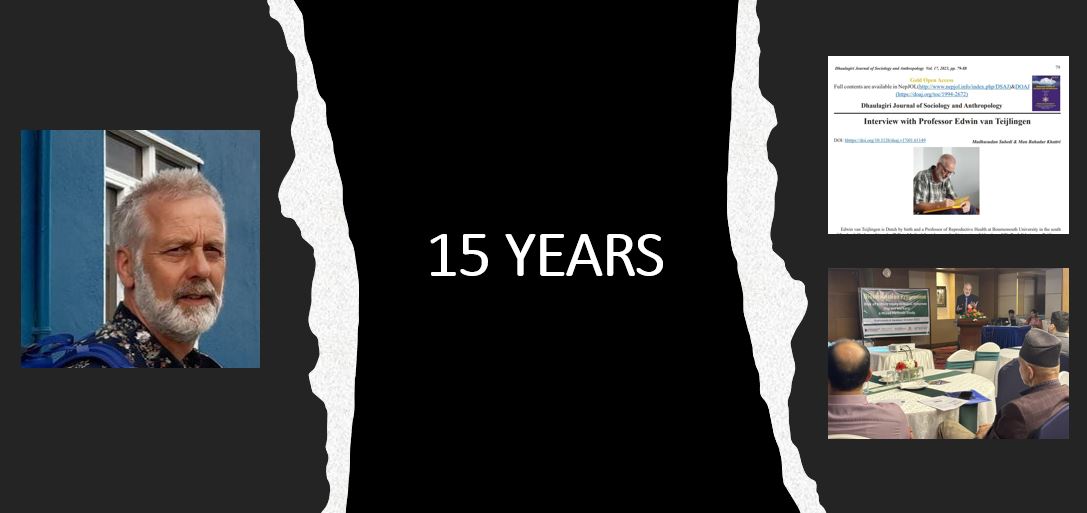
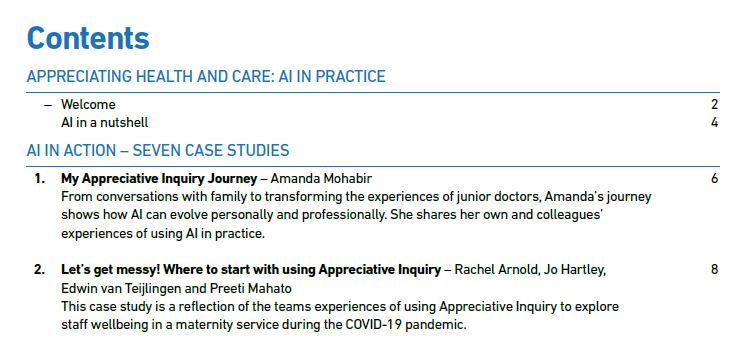

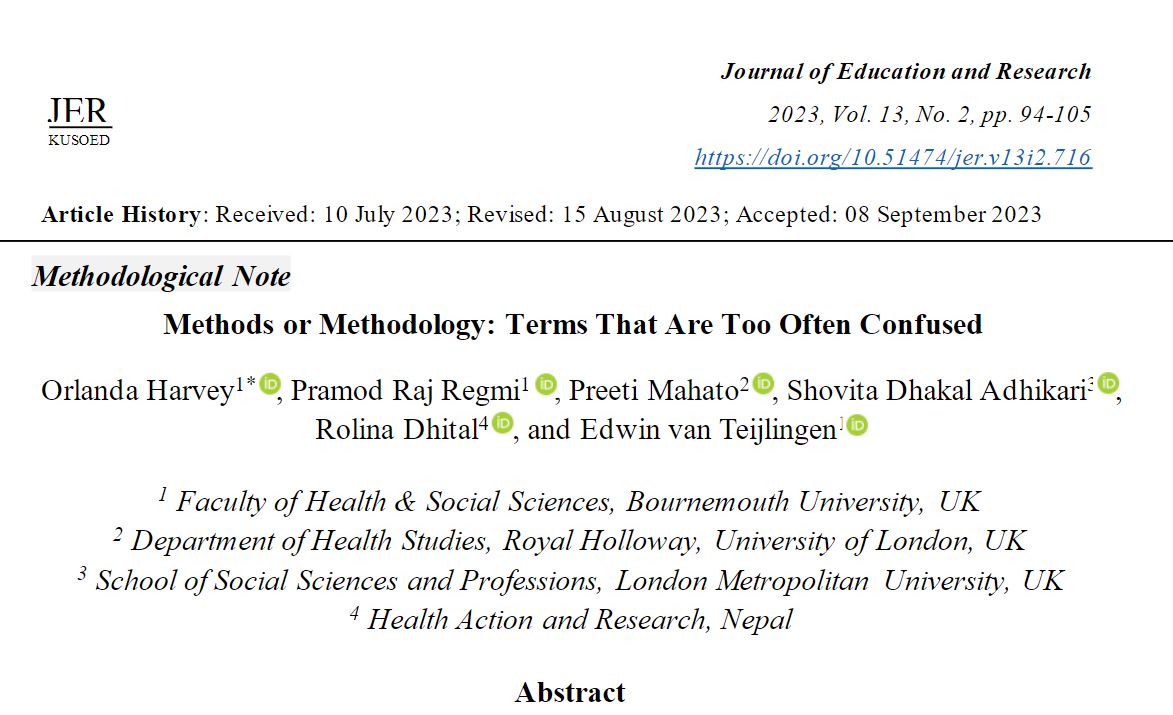
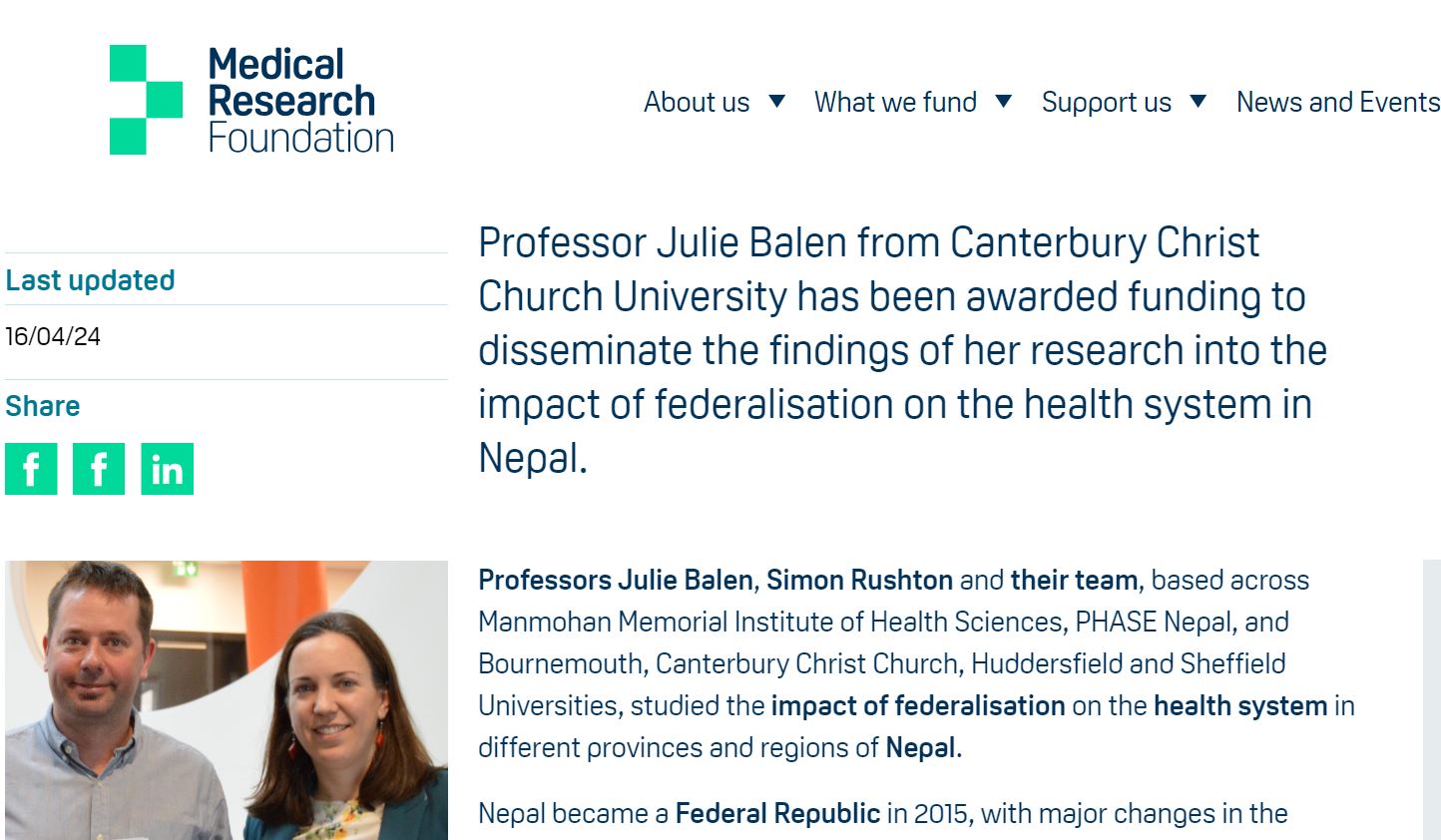

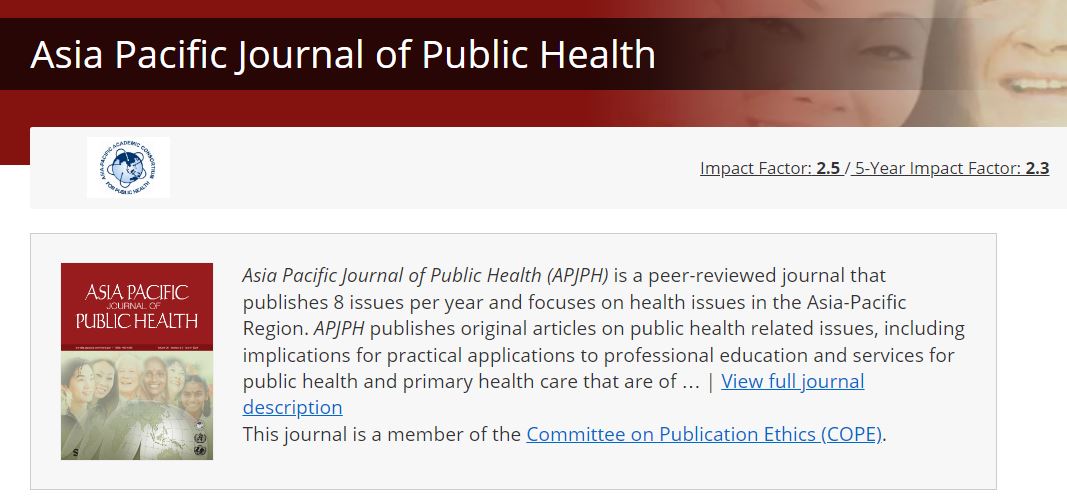
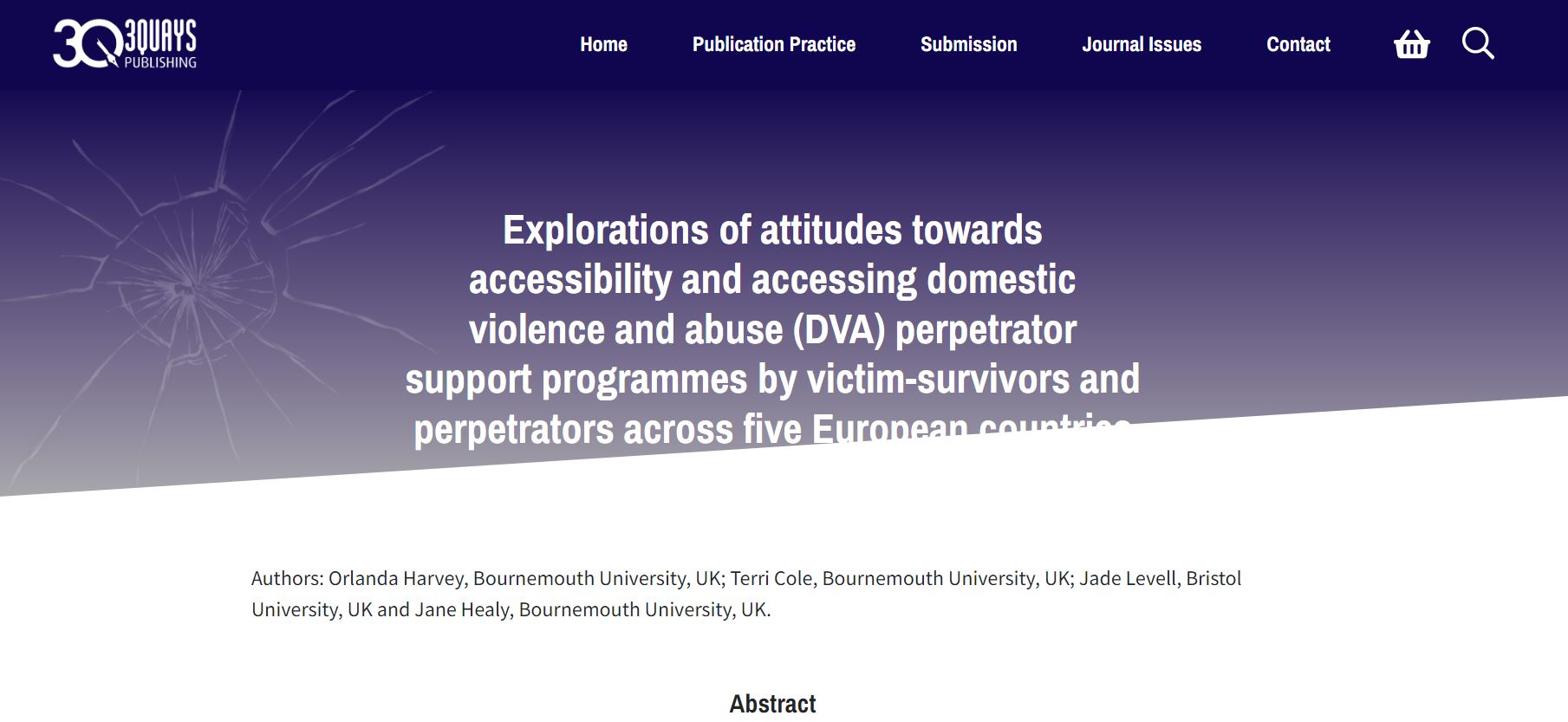


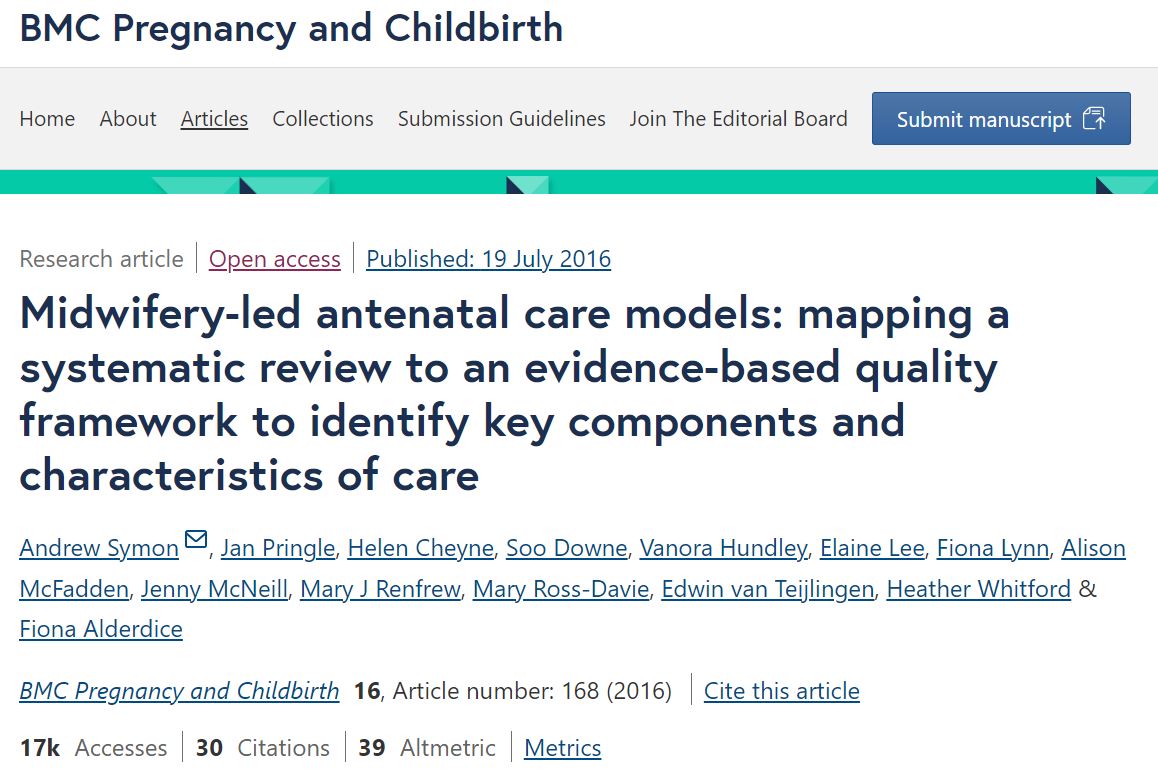
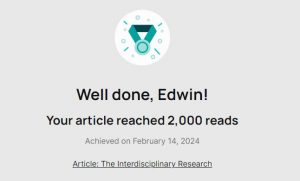




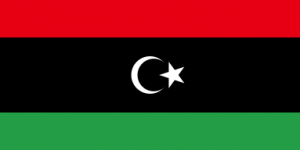
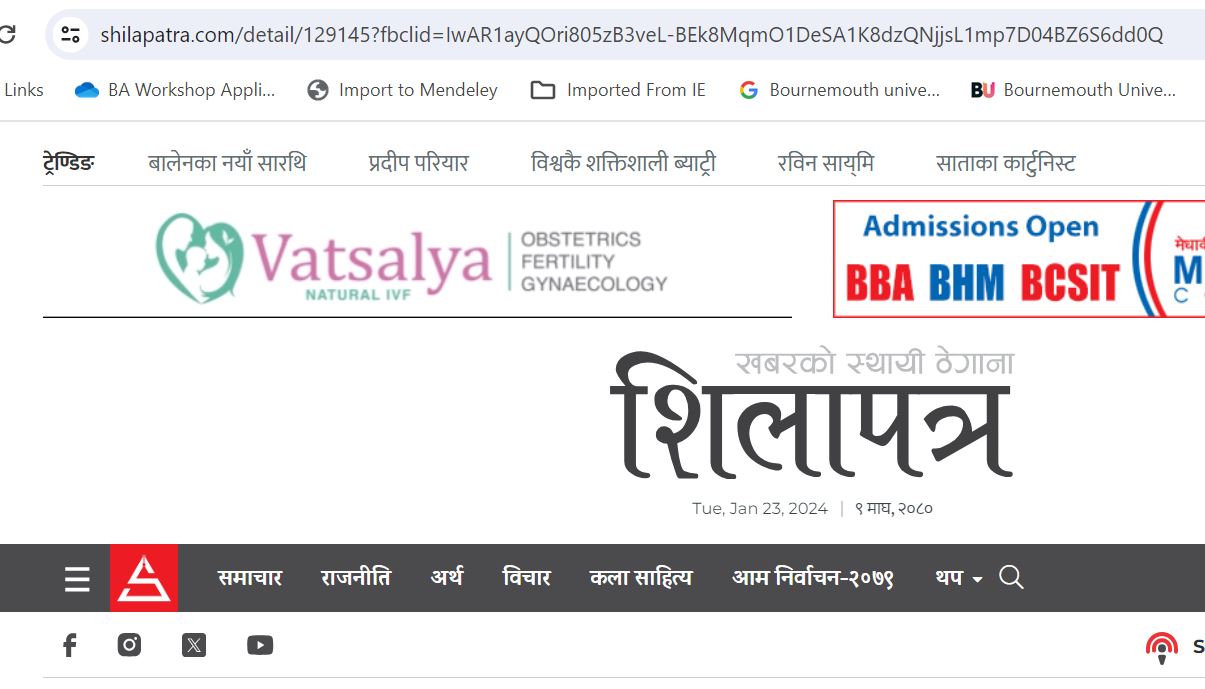
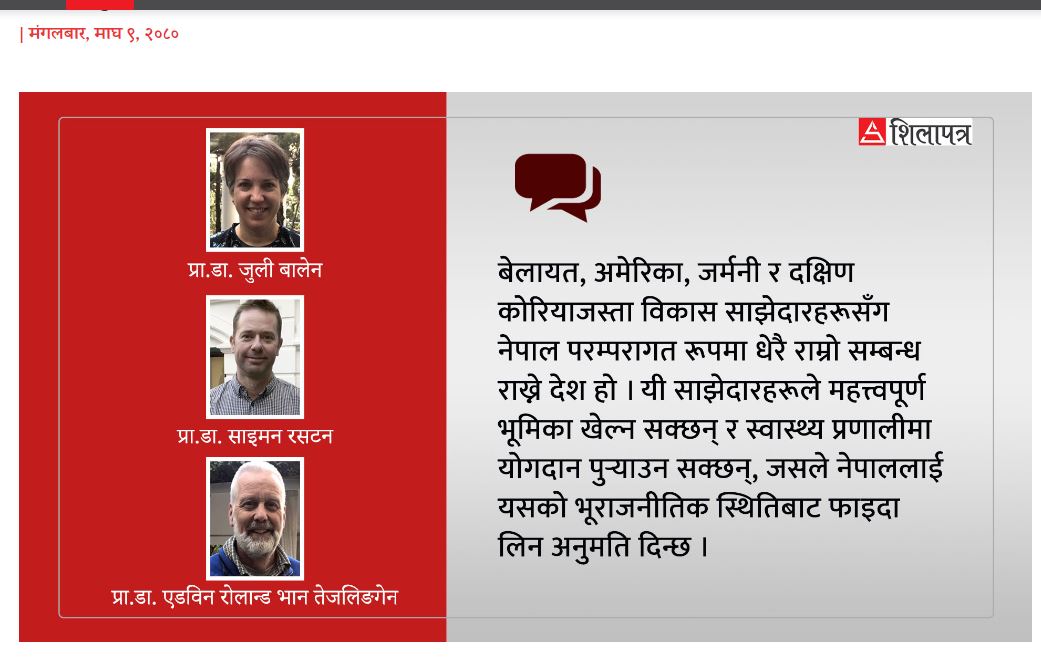
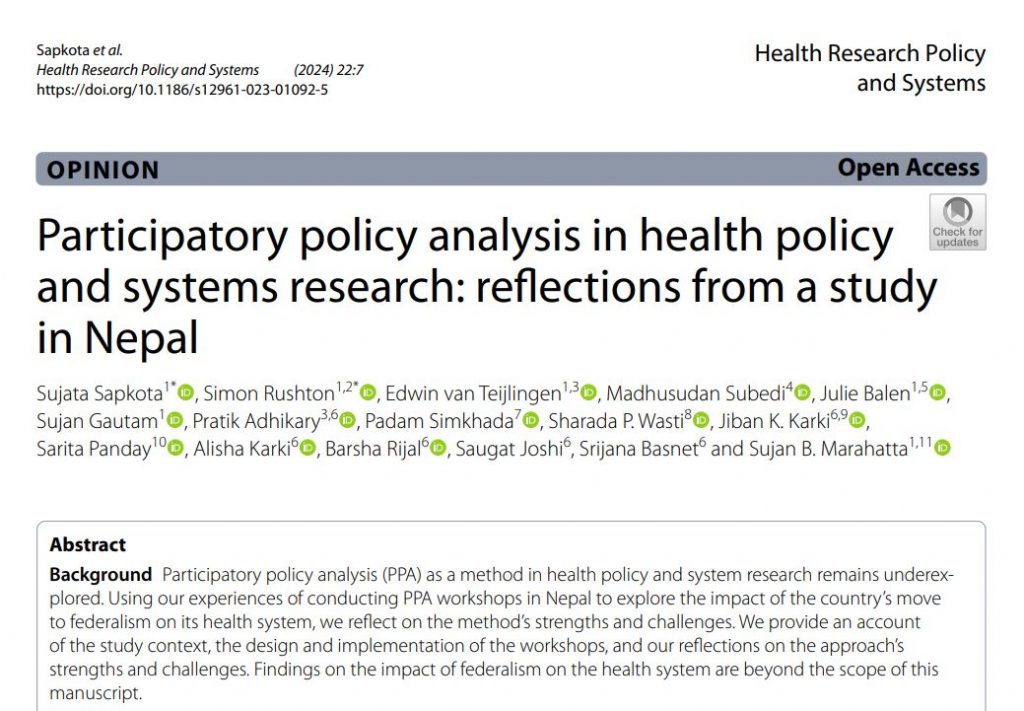
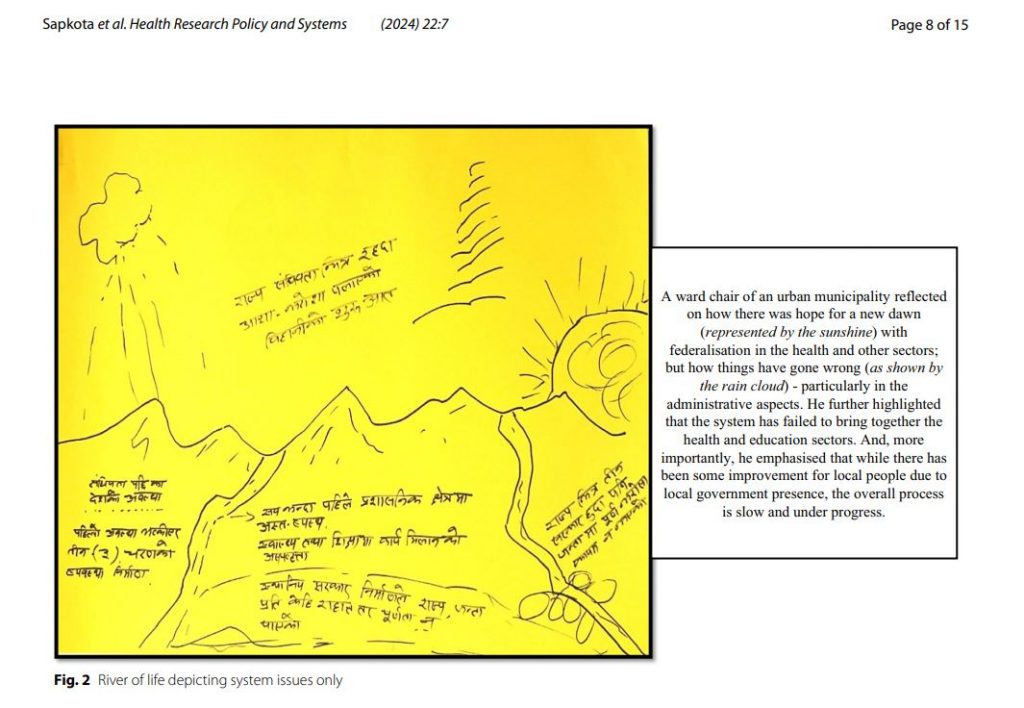
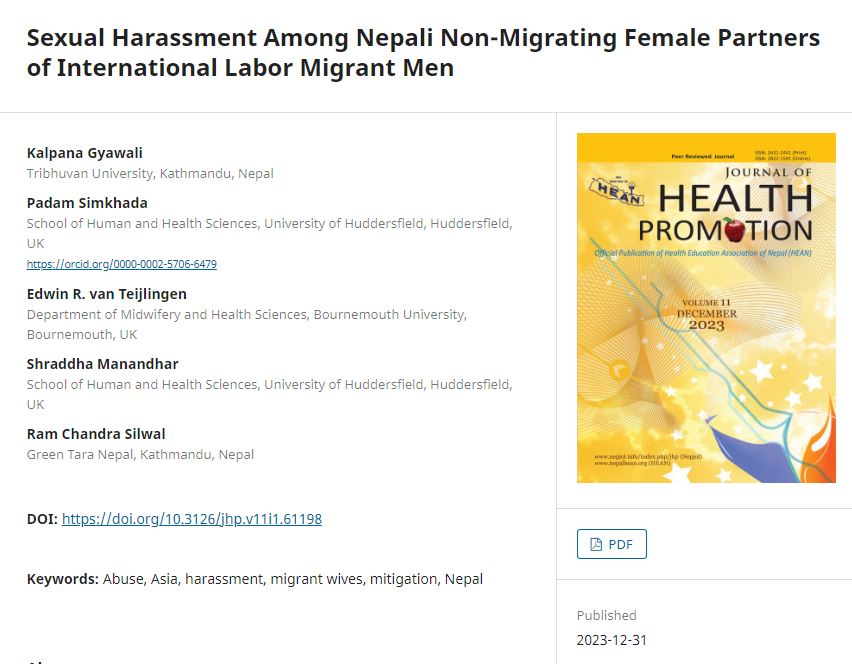


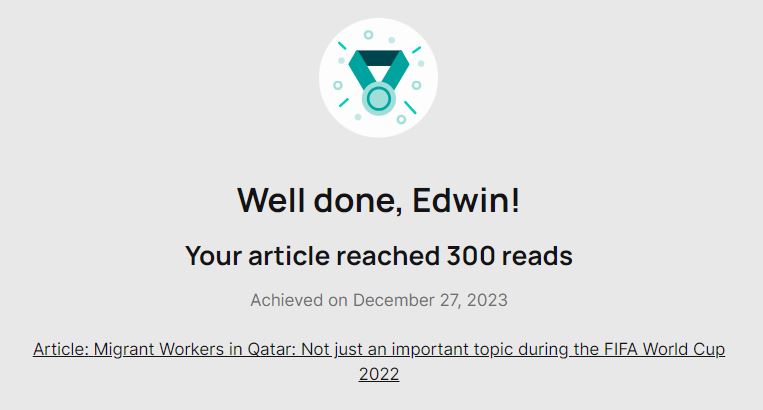
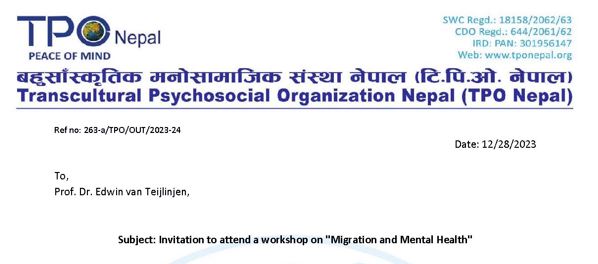
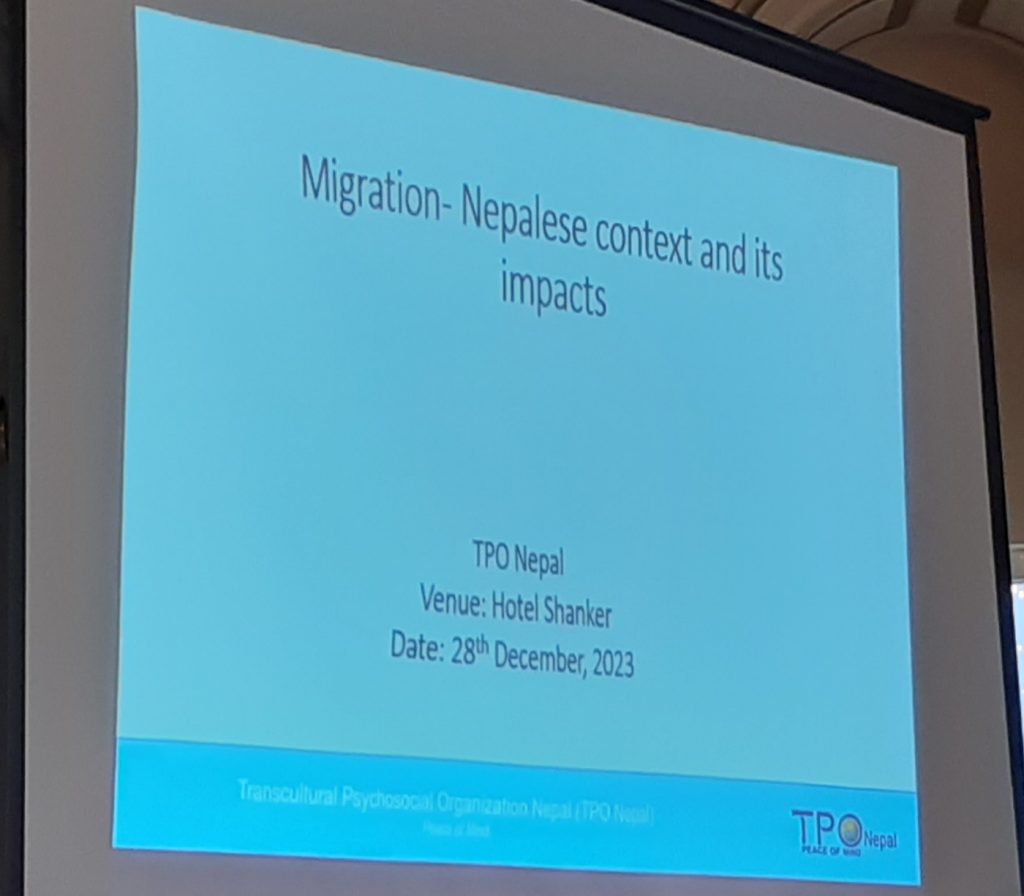











 Dr. Ashraf cited on ‘Modest Fashion’ in The Guardian
Dr. Ashraf cited on ‘Modest Fashion’ in The Guardian NIHR-funded research launches website
NIHR-funded research launches website Academics write for newspaper in Nepal
Academics write for newspaper in Nepal New paper published on disability in women & girls
New paper published on disability in women & girls Global Consortium for Public Health Research 2025
Global Consortium for Public Health Research 2025 MSCA Postdoctoral Fellowships 2025 Call
MSCA Postdoctoral Fellowships 2025 Call ERC Advanced Grant 2025 Webinar
ERC Advanced Grant 2025 Webinar Horizon Europe Work Programme 2025 Published
Horizon Europe Work Programme 2025 Published Horizon Europe 2025 Work Programme pre-Published
Horizon Europe 2025 Work Programme pre-Published Update on UKRO services
Update on UKRO services European research project exploring use of ‘virtual twins’ to better manage metabolic associated fatty liver disease
European research project exploring use of ‘virtual twins’ to better manage metabolic associated fatty liver disease